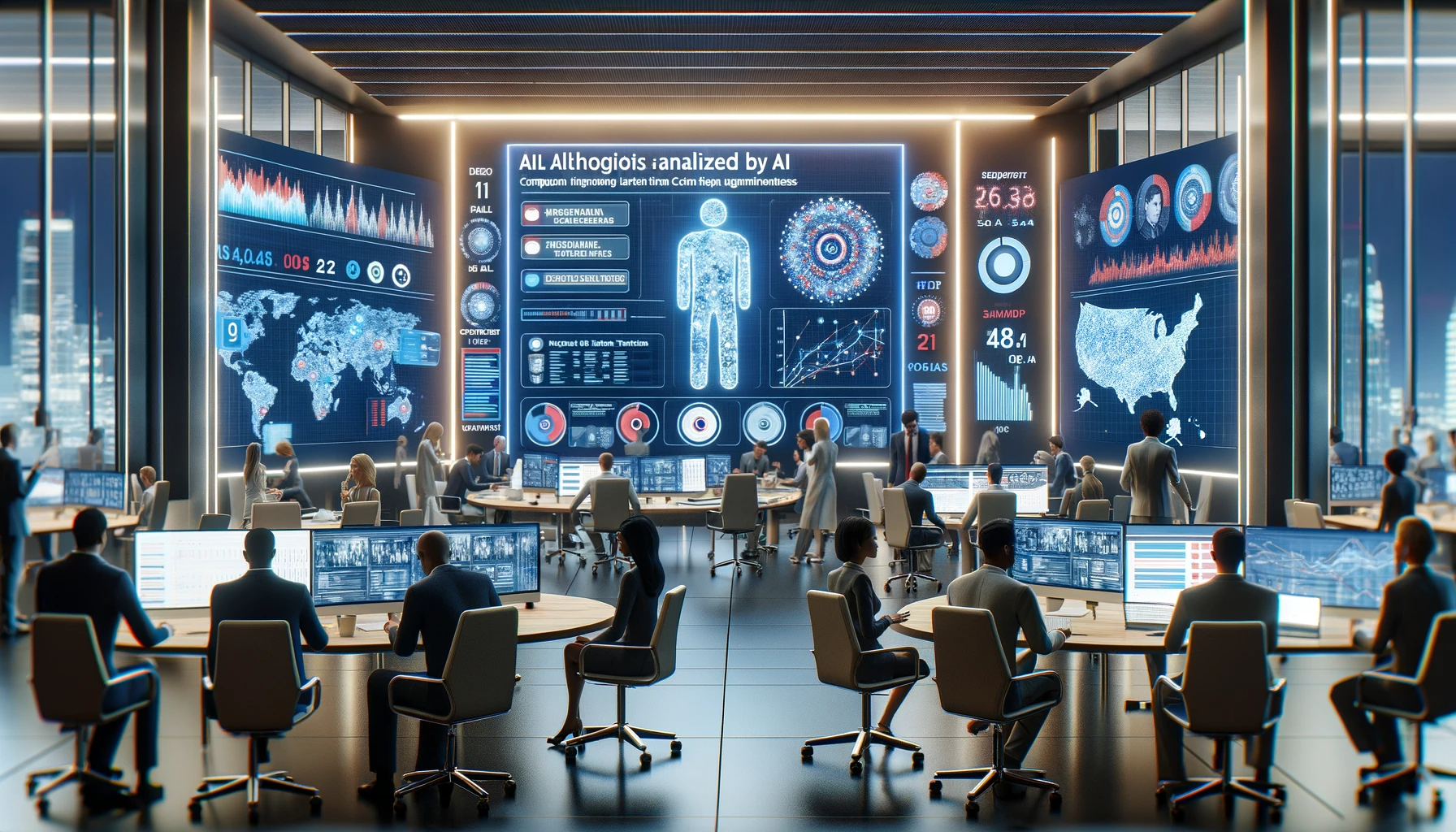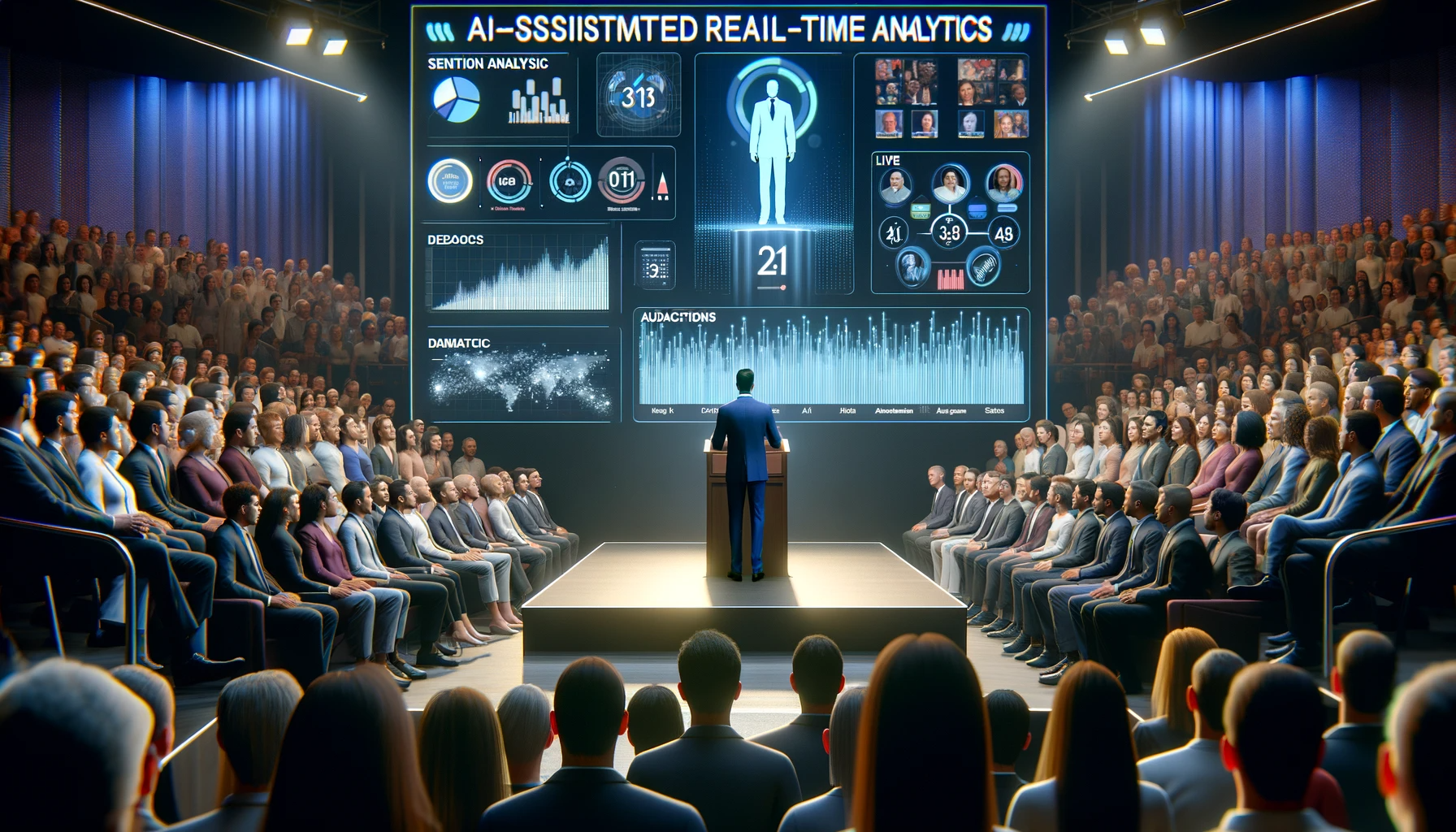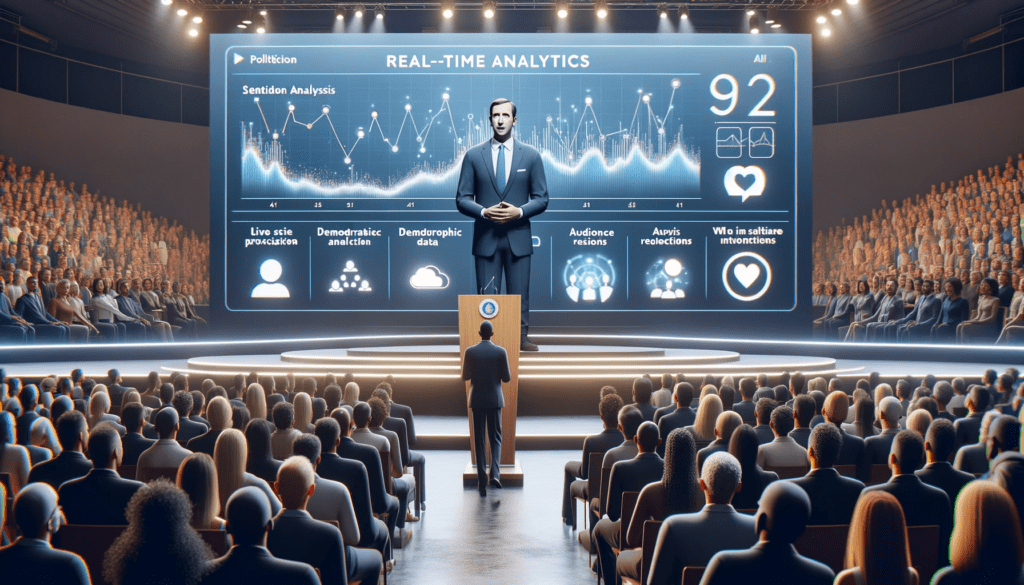In the fast-paced and ever-evolving landscape of modern politics, staying ahead of the competition and connecting with voters has become more complex than ever before. As political campaigns and elections continue to grow in complexity and scale, the role of technology, particularly artificial intelligence (AI), has become increasingly influential in shaping political strategies, voter analysis, and campaign management. In this article, we will delve into the growing influence of AI in the realm of politics and explore how it is transforming the way political campaigns and elections are conducted.
The Changing Face of Political Campaigns
Political campaigns have come a long way from the days of handshakes and door-knocking. Today, they are sophisticated operations that rely on data-driven insights, targeted messaging, and a deep understanding of voter behavior. With the advent of AI, these campaigns are undergoing a transformation that is redefining the way candidates run for office and engage with their constituents.
Voter Analysis and Targeting
One of the most significant impacts of AI on political campaigns is its ability to analyze vast amounts of data to identify potential voters and tailor campaign messages to resonate with specific demographics. AI algorithms can process voter data, including demographics, voting history, and even social media activity, to create detailed voter profiles. Campaign strategists can then use these profiles to micro-target potential supporters with highly personalized messages.
This level of precision in voter analysis and targeting allows political campaigns to allocate resources more efficiently. Instead of running blanket advertising campaigns, they can focus their efforts and resources on the individuals and demographics most likely to be swayed by their message. This not only saves money but also increases the effectiveness of campaign outreach.
Predictive Analytics
AI’s predictive capabilities are also revolutionizing political campaigns. Predictive analytics models can forecast election outcomes with remarkable accuracy by analyzing historical voting data, polling data, and real-time information. Campaigns can use these predictions to adjust their strategies in real-time, allocating resources to competitive areas and making last-minute adjustments to their messaging.
Predictive analytics also extend to fundraising efforts. AI can identify potential donors and predict their likelihood of contributing to a campaign. This allows campaigns to prioritize fundraising efforts and tailor their appeals to donors who are most likely to give.

The Power of Social Media and Digital Advertising
In today’s digital age, social media platforms and online advertising play a pivotal role in political campaigns. AI has transformed the way campaigns utilize these tools to reach voters and shape public opinion.
Social Media Listening and Sentiment Analysis
AI-powered tools can monitor social media platforms in real-time, tracking mentions of candidates, campaign issues, and sentiment analysis. Campaigns can gauge public opinion and adjust their messaging accordingly. If a particular issue gains traction on social media, for example, campaigns can incorporate it into their platform to resonate with voters.
Personalized Digital Advertising
AI enables campaigns to create highly personalized digital advertisements that are more likely to capture the attention of potential voters. By analyzing user data, including browsing history and online behavior, AI can deliver targeted ads to individuals who are likely to be interested in a candidate’s platform. This level of personalization increases the effectiveness of digital advertising and maximizes the campaign’s return on investment.
Campaign Management and Efficiency
Beyond voter analysis and outreach, AI is streamlining campaign management and improving overall efficiency. Here are some ways in which AI is making campaigns more efficient:
Resource Allocation
Campaigns often have limited resources, and AI can help optimize their allocation. AI algorithms can analyze data on voter demographics, polling data, and campaign spending to suggest where resources should be allocated for maximum impact. This includes deciding where to open campaign offices, where to run ads, and where to send campaign staff.
Speech and Messaging Analysis
AI-powered speech and messaging analysis tools can evaluate a candidate’s speeches and messages for effectiveness and public reception. Campaign strategists can use this feedback to refine their messaging and ensure it resonates with the intended audience.
Ethical and Privacy Concerns
While AI offers significant benefits to political campaigns, it also raises important ethical and privacy concerns. The collection and use of vast amounts of voter data can raise questions about consent and privacy. Additionally, the potential for AI to spread misinformation or engage in voter suppression efforts underscores the need for ethical guidelines and regulations in the political AI space.

The Future of AI in Politics
As AI technology continues to advance, its role in political campaigns and elections is only expected to grow. Future developments may include even more sophisticated predictive models, advanced deep learning algorithms for natural language processing, and improved voter engagement strategies.
In conclusion, AI is undeniably transforming the strategies of political campaigns and elections. Its ability to analyze data, target voters, and personalize messaging is reshaping the political landscape. However, with this transformation come important ethical considerations and the need for responsible AI usage in politics. As technology continues to evolve, political campaigns and voters alike will need to adapt to the changing landscape of AI-driven politics.
